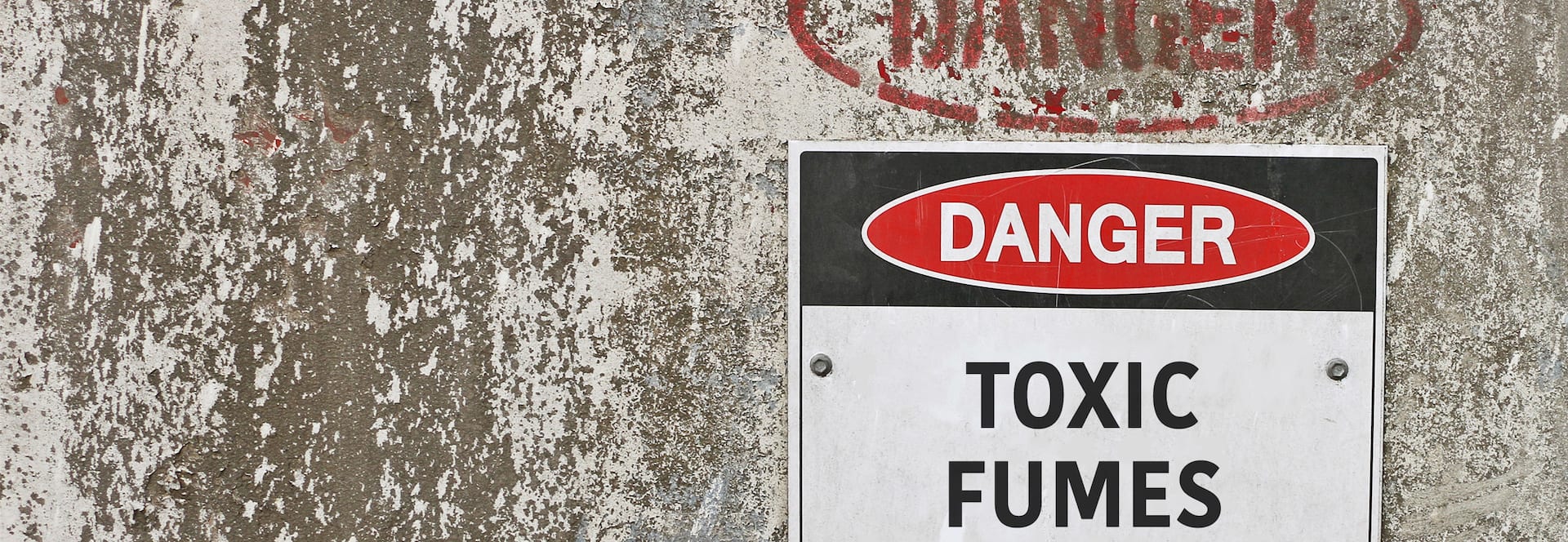
On June 16th 2014, the Supreme Court ruled against North Carolina homeowners who attempted to sue electronics company CTS Corp, which they claim contaminated their drinking water more than ten years ago. Carcinogenic chemicals such as trichloroethylene were found in these Asheville homeowners’ drinking water. The ruling upheld North Carolina’s statute of repose, which bars lawsuits brought more than ten years after the contamination took place, even though the residents recently became aware of damages from the exposure. Dissenting judge Ruth Bader Ginsburg contended, “Instead of encouraging prompt identification and remediation before it can kill, the court’s decision gives contaminators an incentive to conceal the hazards they have created until the repose period has run its full course.”
The ruling may have implications in another case, in which U.S. Marines were exposed to contaminated drinking water while living at North Carolina’s Camp Lejeune. They and their families will also suffer if the government relies on the same state law to avoid responsibility.
According to Atlanta-based chemical injury attorney W. Winston Briggs, the court’s decision demonstrates how innocent people who are unknowingly exposed to harmful toxic substances recklessly released into the environment by businesses can end up with no legal recourse for injuries they sustain. This decision says that people who suffer injuries from toxic substances they can neither see nor know they are being exposed to cannot bring claims for their injures against the company that injured them because their injuries did not appear until more than 10 years after the toxins were released into the environment.
Says Briggs, “This is a victory for big businesses who in essence ‘get away with it’ if injuries to innocent people do not appear until years after the toxic chemicals are released into the world. This shows how persons who reside or work in any area or near any business or event where toxic substances may have been released into the environment need to be proactive and do appropriate testing and obtain exploratory medical care very soon after any suspected release. If people wait until injures appear, it may be too late to take legal action.”
This ruling directly relates to the Freedom chemical spill in West Virginia and the Marietta Atlanta Zep Chemical fire at AmRep, Inc. Chemical maker Freedom Industries spilled 10,000 gallons of chemicals into West Virginia’s Elk River and also reported another toxic leak soon after at a facility of theirs in Charleston. The Marietta, GA warehouse of Zep’s AmRep subsidiary, a company that specializes in cleaning products, released toxic materials into the air during the fire, which may have been responsible for a fish kill in nearby Sope Creek a few days later.
These incidents have polluted local water supplies with long-term impacts to thousands yet unknown. The waters in Sope Creek that may have been polluted in the Marietta fire, for example, feed into the Chattahoochee River. Based on this Supreme Court ruling, it may be necessary to file lawsuits early to preserve the rights of residents who may become ill years from now.